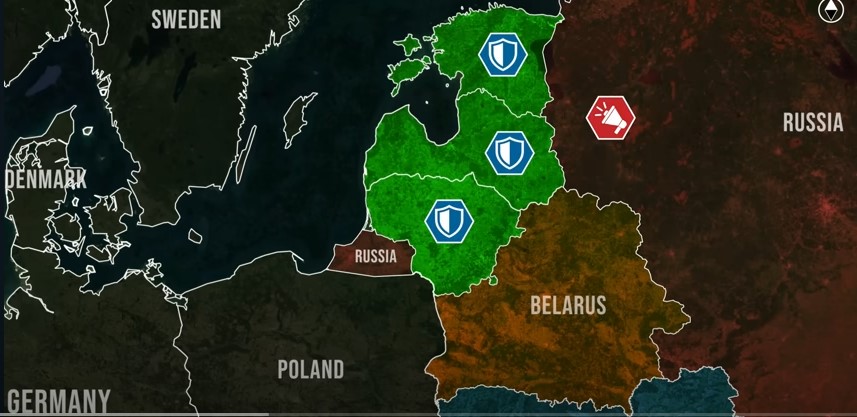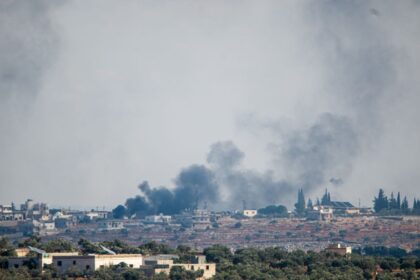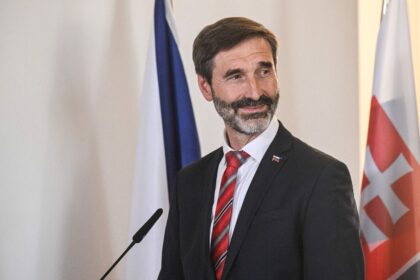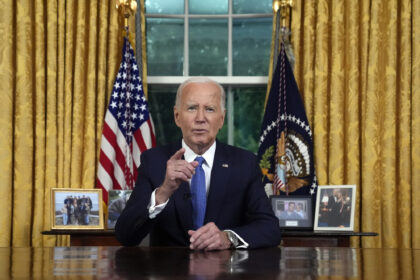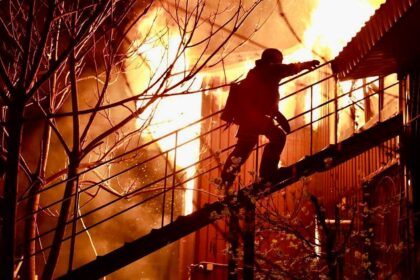**Russia’s Baltic Provocations: A Growing Threat**
In recent times, the Baltic countries – Estonia, Latvia, and Lithuania – have been facing increased Russian provocations. Russia’s head of Foreign Intelligence Service, Sergey Naryshkin, has warned that these nations would be the first to suffer in any conflict between NATO and Russia. He accused them of showing high aggressiveness and claimed they were underestimating the devastating consequences of provoking Moscow.
This statement is not an isolated incident; it echoes a wave of hostile rhetoric from Russian state officials and media figures over the past two years. Former President Dmitry Medvedev has repeatedly questioned the sovereignty of the Baltic countries, declaring that they belong to Russia and accusing NATO of harboring anti-Russian intentions. State television host Vladimir Solovyov has gone even further, stating that these countries don’t need independence and that their sovereignty is a joke.
**The Return of a Troubling Word: “Denazification”**
The term “denazification” is particularly troubling as it has historically been used by Russia as a pretext for aggression. Before its invasion of Ukraine in 2022, Moscow framed its war aims in identical terms, alleging that Kyiv needed to be cleansed of Nazis despite Ukraine being a functioning democracy with a Jewish president. Now, with similar language being used against Estonia, Latvia, and Lithuania, the fear is that these statements may not be mere propaganda but early signs of a more expansive regional strategy.
**NATO’s Achilles Heel**
From a military standpoint, the Baltic states represent a significant weakness for Russia, making them a tempting target. The Suwalki Gap between Poland and Lithuania is particularly vulnerable, as control over it would either sever or restore Russian land access to Kaliningrad. Additionally, Russia’s Baltic Fleet faces a NATO wall, with Finland and Sweden joining the alliance, severely limiting Russian maritime maneuverability.
**Preparation for Battle**
The Baltic countries are not ignoring these signals. They have witnessed firsthand how Russia used similar rhetoric to justify its invasion of Ukraine. As such, Estonia, Latvia, and Lithuania are bolstering their defenses, strengthening their ties with NATO, and preparing for the possibility of battle. The line between information warfare and justification for full-scale war is growing thinner, and with every new threat from Russia, the sense of urgency increases.
**Conclusion**
Russia’s repeated calls for the denazification of the Baltic states and its threats of direct retaliation are viewed with utmost seriousness by their governments. The parallels with the lead-up to the war in Ukraine are stark, and after a series of provocations in the last months, the stakes are higher than ever. For Estonia, Latvia, and Lithuania, preparing for the worst is not paranoia; it’s a necessity, and they are actively working to improve their security.
Read More @ euromaidanpress.com




